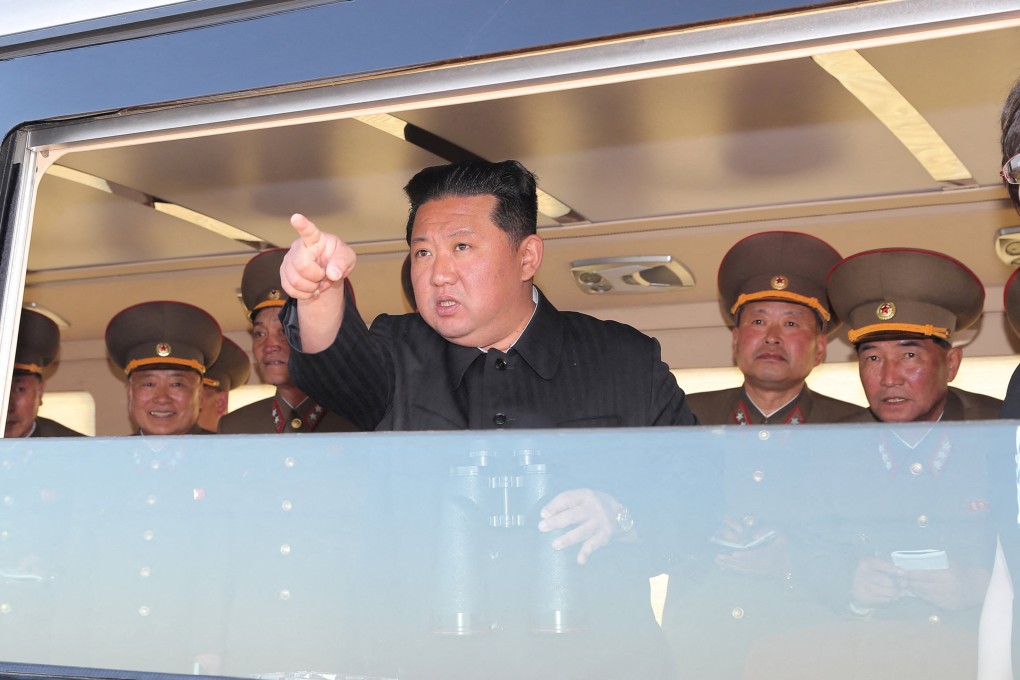Advertisement
Letters | Where’s Pyongyang going with nuclear show?
- Readers speculate on Kim Jong-un’s motivations for reviving nuclear brinkmanship, wonder why Hong Kong’s barbecue pits remain closed, and urge action on a bill to protect children’s rights in divorce
Reading Time:3 minutes
Why you can trust SCMP
0

Feel strongly about these letters, or any other aspects of the news? Share your views by emailing us your Letter to the Editor at letters@scmp.com or filling in this Google form. Submissions should not exceed 400 words, and must include your full name and address, plus a phone number for verification.
North Korean leader Kim Jong-un’s strategy of reviving nuclear brinkmanship to force the West to lift economic sanctions threatens to escalate tensions to a whole new level of risk. In Kim’s new awakening, it would seem that the US coalition’s old dogma and line of deterrence no longer hold water. Strategic ambiguity no longer seems a useful option.
Even if Kim wants to be different and build his legacy by achieving an ultimate peaceful breakthrough, he knows he needs a nod from the West to allow a face-saving transition. He faces both internal and external squeezes, from the Covid-19 outbreak and food shortages to a strengthened alliance of democracies and a Western order threatening his regime’s survival.
And North Korea, no matter how isolated, cannot escape the impact of rising inflation. Time is not on the side of Kim or his people.
There is only so much momentum and progress he can chalk up in sustaining an effective and trusted first-strike capability. The effectiveness of the mutual assured destruction (MAD) doctrine of deterrence will greatly diminish in the long run as Washington develops its interceptive capability, assuring better first-strike prevention and an enhanced second-strike impact.
Strategic ambiguity is no longer as effective as regional and global geopolitical twists return the focus to the supremacy of national strategic interests and security as well as national survival.
Advertisement